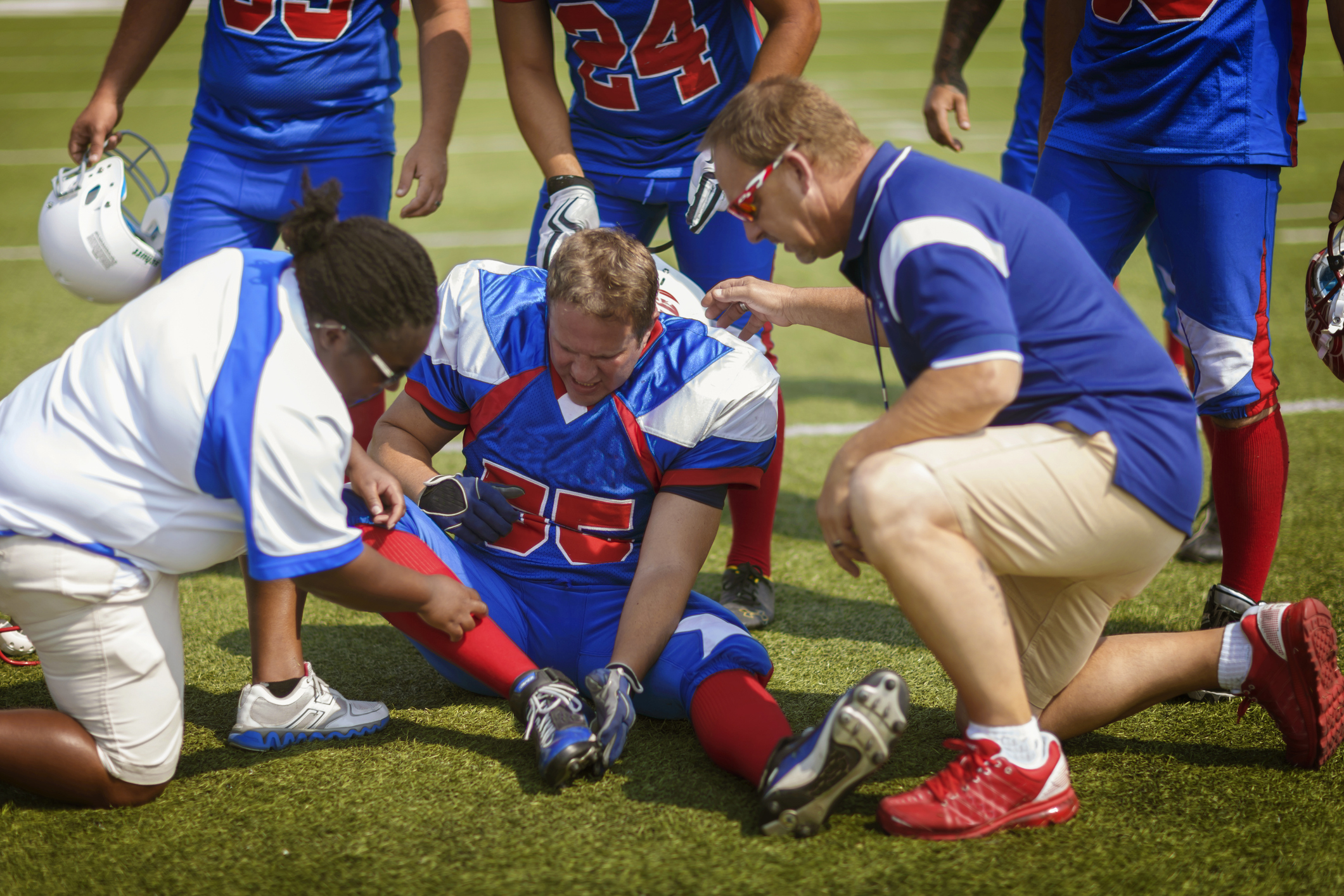The long-term effects of sport-related head trauma have gained notable attention from the scientific community, sport governing bodies, and the mainstream media in the past two decades. Concussions and repetitive head impacts that do not result in clear clinical signs and symptoms have been investigated as risk factors for worse health-related outcomes in later life. However, longitudinal studies describing head trauma as a risk factor for health-related and functional declines throughout the aging process are lacking. In lieu of longitudinal data linking sport-related head trauma to health outcomes many years later, researchers have relied on alternate measures of head trauma exposure. These included self-reported concussion history and various repetitive head impact metrics obtained retrospectively. Therefore, observed associations between retrospectively recalled head trauma and later-life health outcomes in former athletes — neurodegenerative disease progression, for example — do not permit causality to be fully understood. Still, those findings can and should be used to inform future studies that are targeted toward understanding and treating the long-term effects of sport-related head trauma.
In our recent survey study published in Medicine & Science in Sports & Exercise®, we described the prevalence of self-reported medical diagnoses of mild cognitive impairment (MCI) and dementia in a sample of 922 former National Football League players aged 50 years and older. We also investigated the associations of MCI and dementia prevalence with self-reported concussion history, years of football played and other potential predictors observed in studies with the general population. We hoped to detect possible intervention targets for reducing the risk of MCI and dementia. The strongest predictors of MCI and dementia were lifetime diagnosis of depression and anxiety. Self-reported concussion history was a significant predictor of MCI and dementia, but only for those reporting 10 or more lifetime concussions compared to those reporting no concussions. Total years of football participation, a rough estimate for football-related repetitive head impact exposure, was not significantly associated with either MCI or dementia. Other significant predictors were greater pain severity (MCI and dementia), a diagnosis of sleep apnea (MCI), racial/ethnic identity other than white/non-Hispanic (dementia) and older age (dementia).
Our findings suggest that many factors are associated with later-life health and function in former football players beyond exposure to sport-related head trauma. Further, many factors that we did not measure could also have contributed to MCI and dementia diagnoses. Some possible factors are adverse childhood experiences, access to and utilization of health care resources, childhood socioeconomic status, and participation in health-promoting behaviors (e.g., physical activity). In a recent related study with an overlapping sample, we observed self-reported lifetime concussions were significantly associated with worse self-reported cognitive and mood-related functioning. At the same time, more frequent participation in physical activity, better diet quality, and obtaining adequate sleep were associated with better cognitive and mood-related function scores.
It is important that clinicians, researchers and former athletes understand that some factors associated with health and function in later life are non-modifiable (e.g., sport-related concussion history). However, there are also many modifiable factors (e.g., pain, depressive symptoms, exercise participation, etc.) that could improve the health and well-being of former athletes.

Samuel R. Walton, PhD, ATC, is a postdoctoral researcher at UNC-Chapel Hill and an ACSM member. He is a certified athletic trainer who has accrued more than a decade of clinical experience with collegiate and secondary-school athletes, along with eight years of clinically oriented research. His research interests are in the clinical assessment of sports-related concussion, as well as in both short- and long-term effects of concussions on biopsychosocial outcomes in current and former athletes.

Zachary Yukio Kerr, PhD, MPH, is an assistant professor in the Department of Exercise and Sport Science UNC-Chapel Hill and serves as core faculty with the Center for the Study of Retired Athletes, the Matthew Gfeller Center and the UNC Injury Prevention Research Center. His research focuses on the development and evaluation of injury prevention strategies in sport settings across the lifespan. Dr. Kerr was a previous recipient of the ACSM New Investigator Award and is a current ACSM member.
Disclosures:
Drs. Walton and Kerr work on research projects that were funded by the National Collegiate Athletic Association and the National Football League. These entities provide no oversight of the work performed by either individual, including this work. Dr. Walton has previously received funding from the Mid-Atlantic Athletic Trainers’ Association. Dr. Kerr additionally has received funding from the National Institutes of Health, the Centers for Disease Control and Prevention, the National Athletic Trainers’ Association Research and Education Foundation, and the National Operating Committee on Standards for Athletic Equipment.
Viewpoints presented in SMB commentaries reflect opinions of the authors and do not necessarily represent ACSM positions or policies. Active Voice authors who have received financial or other considerations from a commercial entity associated with their topic must disclose such relationships at the time they accept an invitation to write for SMB.




